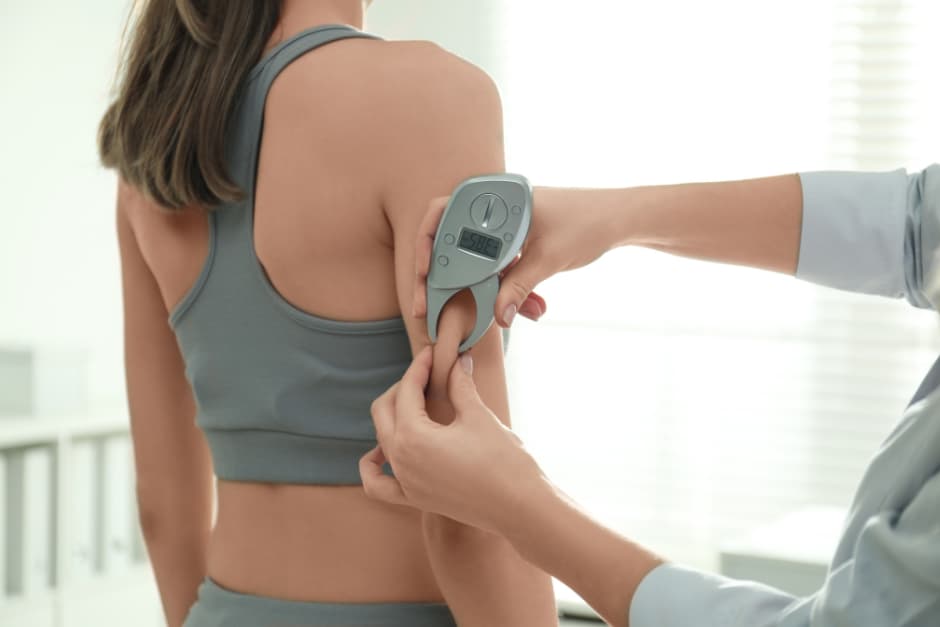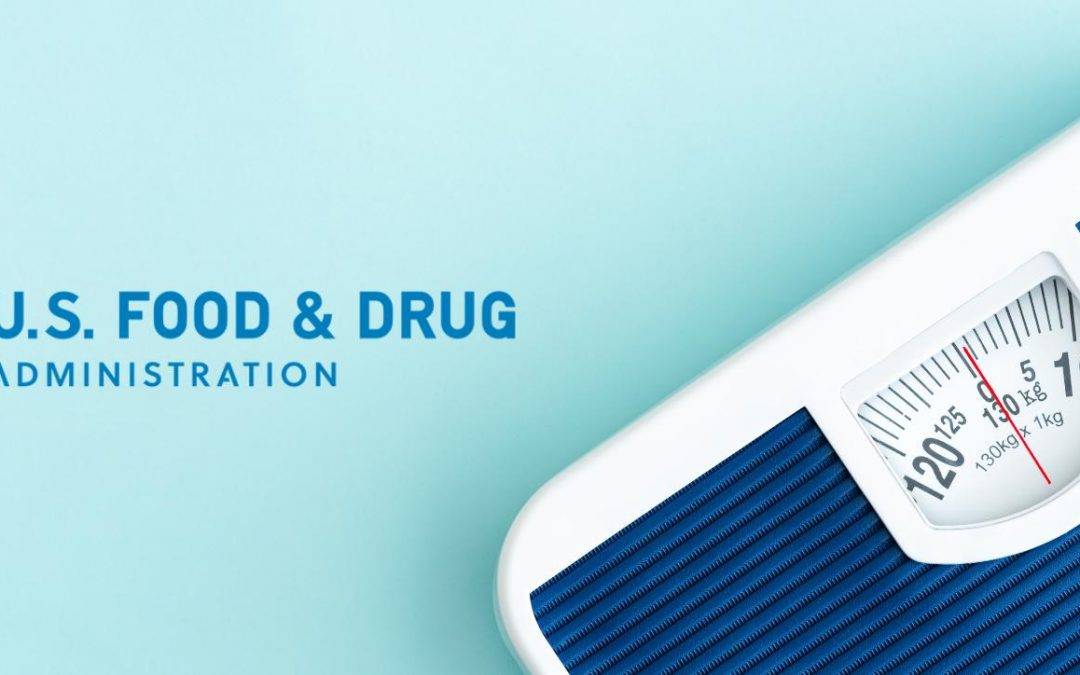The article addresses the aspects related to clinical studies including, inter alia, the way the proper study duration should be determined, as well as the key study design considerations

Table of content
The Food and Drug Administration (FDA or the Agency), the US regulating authority in the sphere of healthcare products, has published a draft guidance document dedicated to medical devices with indications associated with weight loss.
In particular, the document describes in detail specific considerations related to clinical studies and benefit-risk considerations.
Once finalised, the guidance will provide an overview of the applicable regulatory requirements, as well as additional clarifications and recommendations to be taken into consideration by medical device manufacturers and other parties involved in order to ensure compliance thereto.
At the same time, it is important to mention that provisions of the guidance are non-binding in their legal nature, nor are they intended to introduce new rules or impose new obligations.
Moreover, an alternative approach could be applied, provided such an approach is in line with the existing legislation and has been agreed with the authority in advance.
Clinical Performance Testing Considerations: Key Points
The scope of the guidance covers, inter alia, the aspects related to clinical performance testing and the main considerations associated thereto.
Non-clinical evaluations are often insufficient to understand the full range of clinical experiences and outcomes for devices related to weight loss.
Clinical studies are vital for assessing the safety and effectiveness of new or significantly changed devices in this category.
Clinical studies for early device designs can provide crucial safety and effectiveness data, which later serve as a foundation for a pivotal study.
These pivotal studies are the foundation for marketing authorization due to the detailed safety and effectiveness data generated.
The devices in question typically fall under significant risk categories and thus should comply with the Investigational Device Exemptions (IDE) regulations.
They are also subject to the institutional review board regulations and informed consent rules.
According to the guidance, obesity is a multifaceted disease influenced by various demographic, clinical, behavioral, cultural, and public health factors.
Due to these intricacies, the FDA advises that pivotal studies are carried out within the US.
For data sourced from outside the US, it is recommended that the share of such investigations does not exceed 50% of the overall pivotal study’s data.
Furthermore, enrollment from a single site shouldn’t surpass 20% to ensure diverse representation.
When data from non-US clinical investigations are submitted, they might need to fulfill the conditions set forth in regulation 21 CFR 812.28.

Study Design
The document further describes in detail the most important aspects related to the study design.
As it is stated by the authority, the preferred design for pivotal studies addressing weight loss is double-blinded, randomized, controlled trials.
Blinding should extend beyond just patients to encompass study staff including dieticians and data collection personnel.
Due to potential placebo effects, a sham-controlled study is advisable.
A sham control is crucial in distinguishing the device therapy’s effectiveness from a placebo.
Sham devices or procedures must be designed meticulously to maintain patient blindness to the treatment they’re receiving.
If a sham control isn’t feasible, a concurrent control arm is recommended. T
his implies both control and treatment groups follow identical lifestyle regimens.
Uniform dietary and behavioral aspects across study arms and centers are emphasized.
Study Duration and Follow-up Schedule
The guidance also provides additional clarifications with respect to study duration and follow-up schedule to be considered.
The study should be long enough to fully support the device’s indications for use. This duration must consider the risks involved in using the device.
For a device targeting weight loss, it’s expected to show results at a minimum of 12 months.
If the device is meant for short-term weight loss, a 6 month (but less than 12 months) result is anticipated.
Weight management devices can consider results from shorter durations of less than 6 months.
Extensive follow-up might be necessary to understand the longevity of the weight loss results.
Patients should consent to potentially lengthy follow-ups, especially if subsequent data might influence device labeling.
The follow-up period for safety reasons could surpass the duration needed to ascertain effectiveness, particularly if the device poses significant risks.
Inclusion/Exclusion Criteria
Apart from the above, the document also outlines the key inclusion/exclusion criteria to be taken into consideration by the parties responsible for medical devices and clinical investigation.
According to the guidance, the Body Mass Index (BMI) is a crucial parameter in assessing weight-related morbidity risks.
The chosen BMI range for a study should meet a balance between the anticipated benefits and device-associated risks.
Typically, clinical trials for surgically-placed devices consider individuals with a BMI of 35 kg/m2 or 30 kg/m2 with related health complications.
For devices with lower risks, patients with a BMI of 27 kg/m2 with related health issues can be part of the study.
Given the elevated risks of surgically placed devices, it’s vitally important to ensure that study participants have exhausted other weight loss strategies, including diet, exercise, and behavioral modifications.
Certain patient categories might be unsuitable for these medical devices.
Recommended exclusions include individuals unwilling to adhere to dietary guidelines, those with altered anatomies or gastrointestinal complications, individuals with eating disorders or untreated psychiatric conditions, smokers, those with substance abuse issues, those with untreated obesity-causing conditions, older patients with high procedural risks, and more.
Conclusion
The present FDA guidance outlines the key considerations related to clinical studies. The scope of the document covers the aspects associated with the study design and duration, as well as applicable follow-up procedures.
How Can RegDesk Help?
RegDesk is a holistic Regulatory Information Management System that provides medical device and pharma companies with regulatory intelligence for over 120 markets worldwide. It can help you prepare and publish global applications, manage standards, run change assessments, and obtain real-time alerts on regulatory changes through a centralized platform. Our clients also have access to our network of over 4000 compliance experts worldwide to obtain verification on critical questions. Global expansion has never been this simple.

